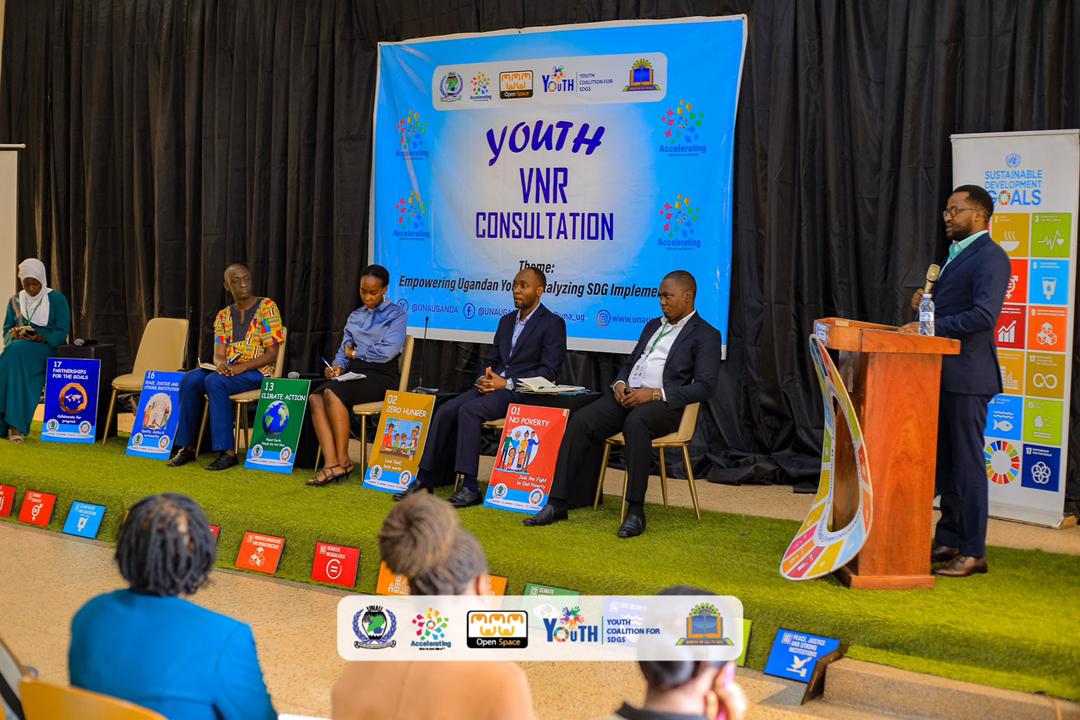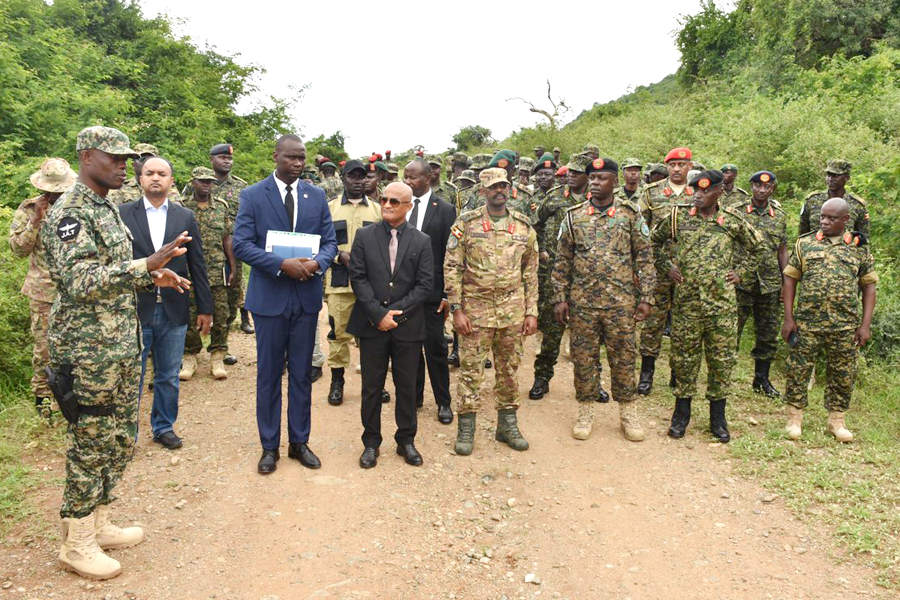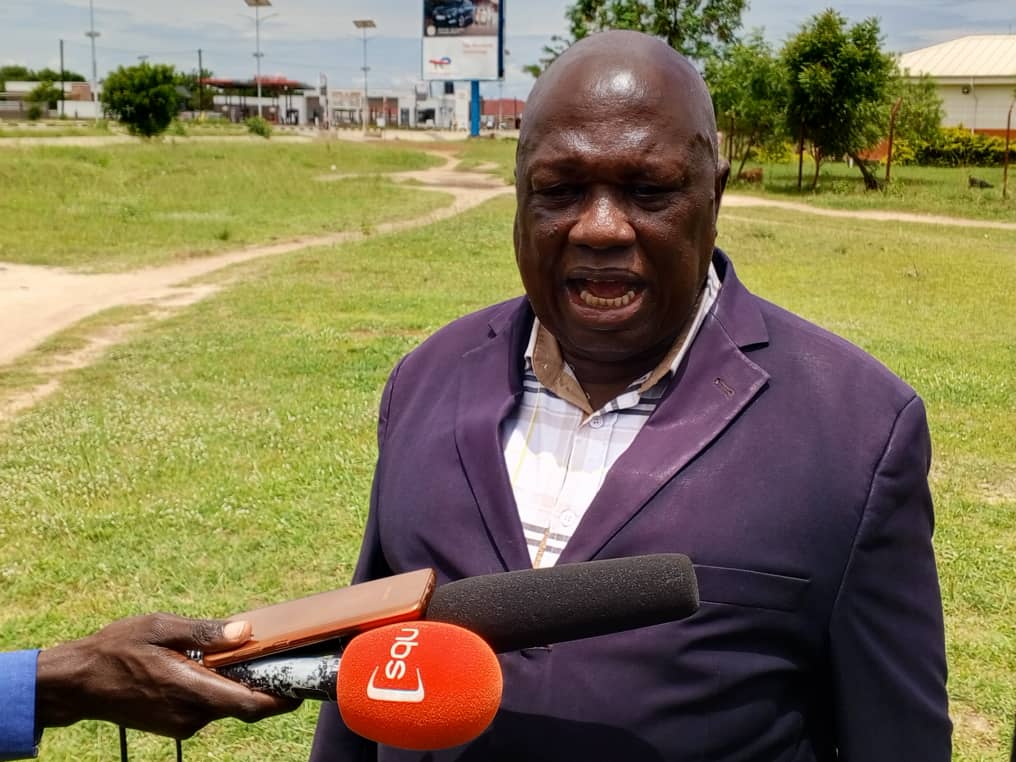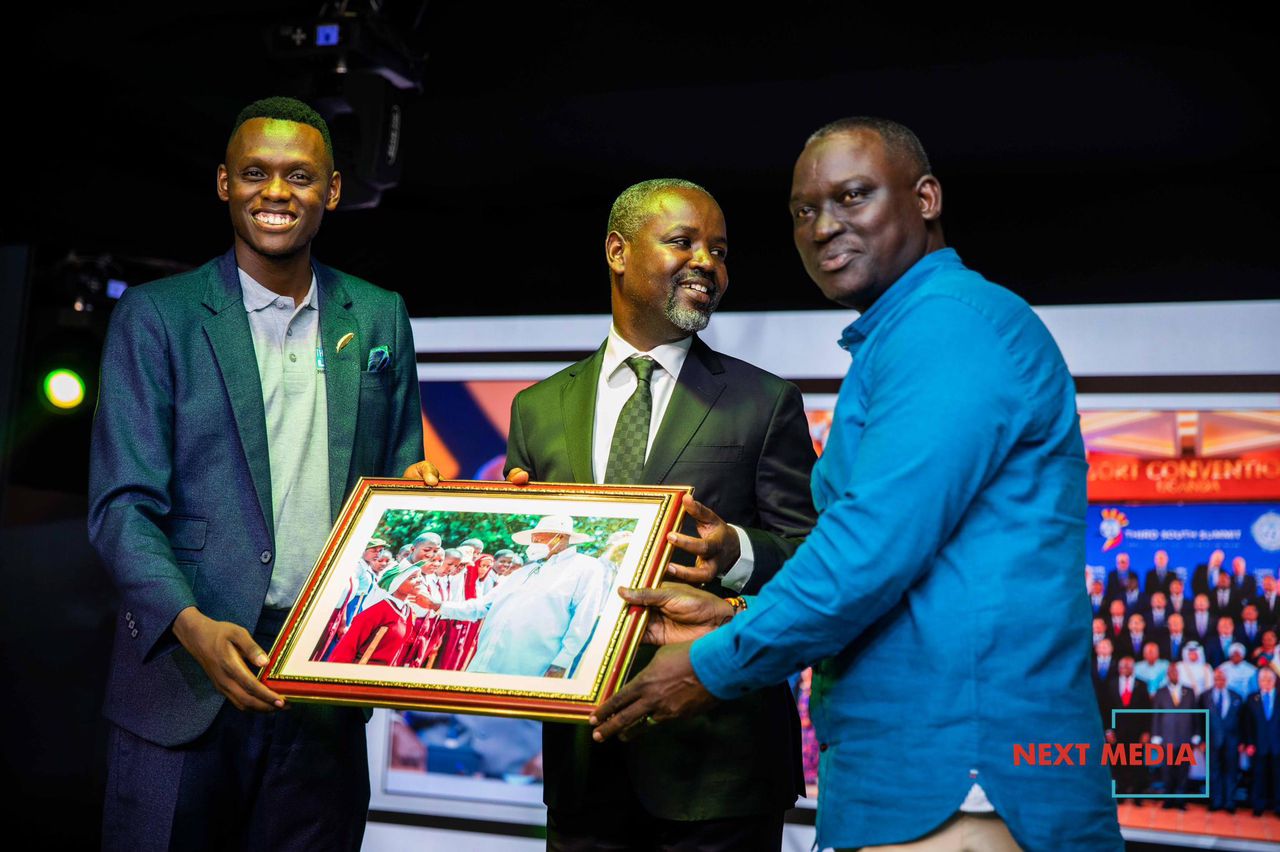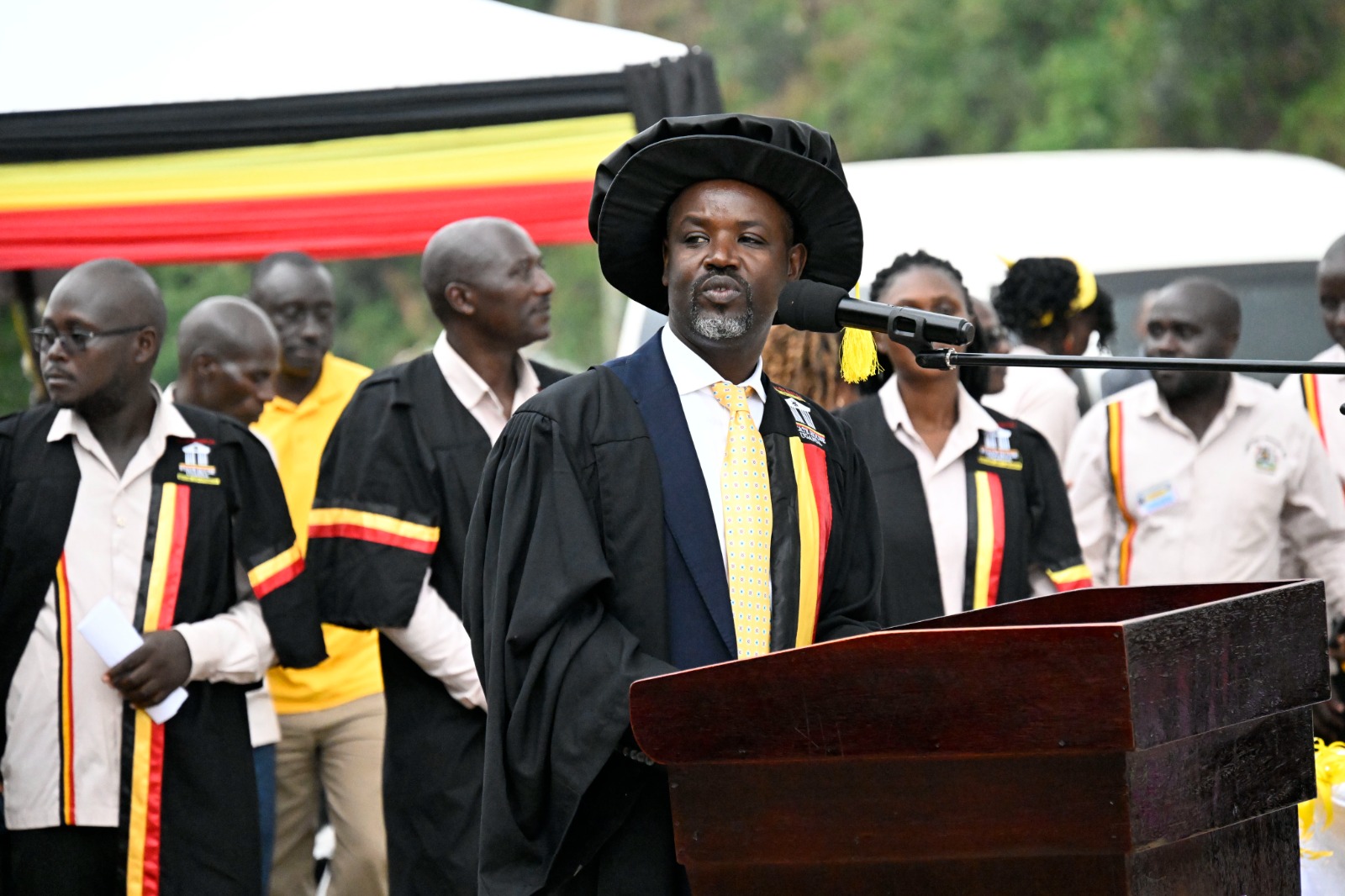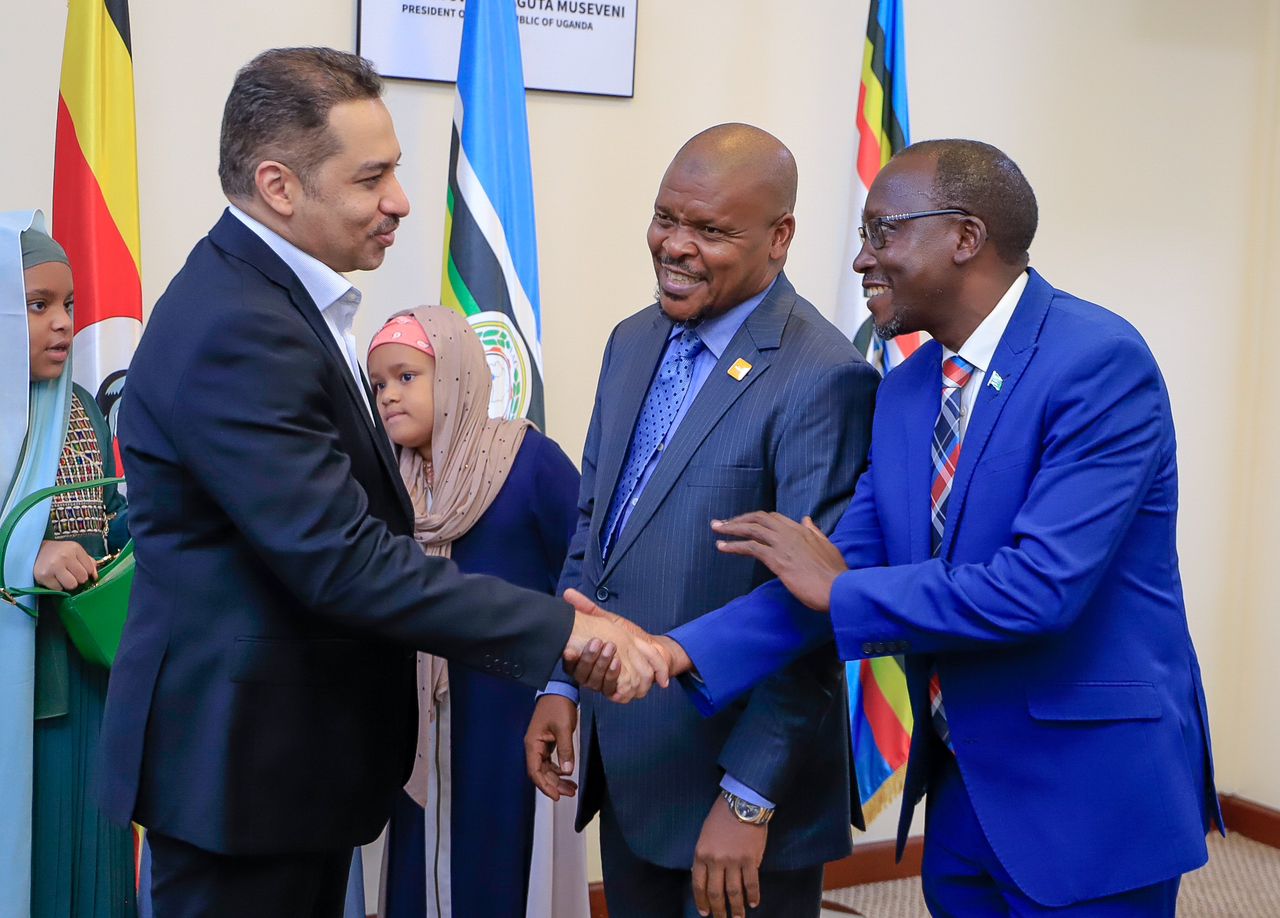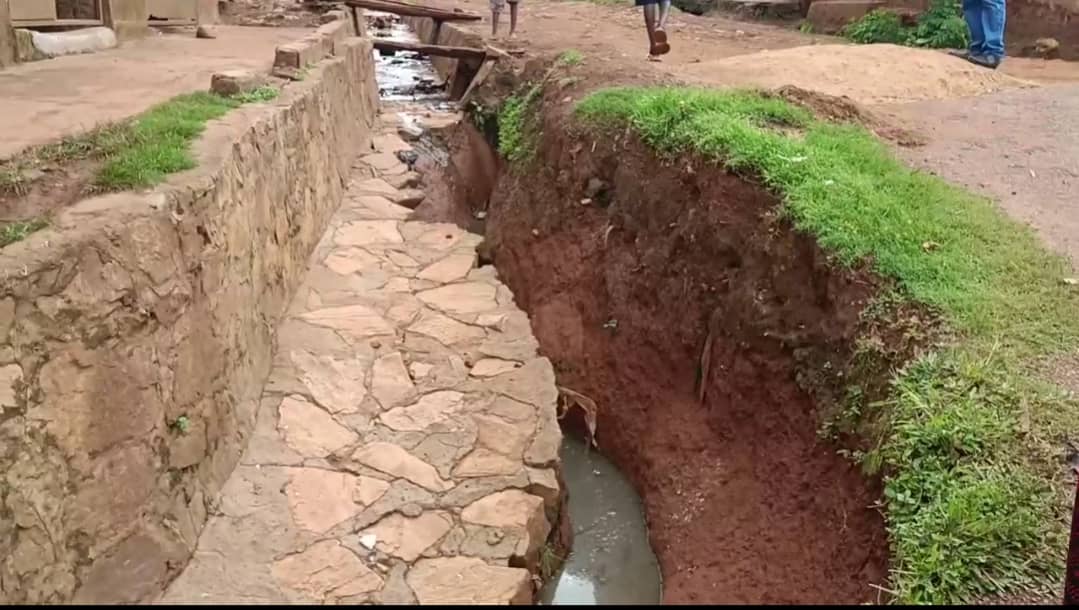Part 1: Justice Steven Kavuma: is it the end of an “error”?
Investigations
Justice Steven Kavuma, who retired recently from the bench, has had an intriguing career. Depending on who you speak to, a mention of the former deputy chief justice could elicit praise or scorn. In our extensive six-part series on the life and times of Kavuma, we take you through his roller-coaster career as a politician and later judge, taking a deeper look at the twists and turns that defined his personality. Here is our first installment.
Few people are as polarising as Justice Steven Kavuma, whose tenure as a judge came to an end after hitting the retirement age. Loathed and loved in equal measure, Kavuma divided opinion. In his 13-year tenure as a judge, he showed the world everything he is, and what lengths he would go to in order to achieve his personal aims and most importantly those of the ruling party, the NRM, to which he is a founding member.
Some of his critics say in Kavuma’s 13 years at the Uganda’s first appellant court which at the same time interprets the constitution, he displayed glory, sycophancy and a ruthlessness rarely seen of judges.
While his defenders believe Kavuma embodied what they term as “judicial temper” since he wasn’t one take things personally even after a court exchange with a defiant lawyer.
“I know many people would be harsh when talking about him,” Julius Galisonga a city lawyer told The Nile Post.
“But Justice Kavuma could listen to everyone. Even if you ask him to step down from a case he would talk to you the next day as if nothing has happened.”
Arriving at the Court of Appeal which doubles as the Constitutional court in late 2004, Kavuma’s appointment by President Museveni came three years after he had been consigned to political oblivion by DP’s Issa Kikungwe who trounced him in the hotly contested Kyadondo South election in 2001. Before he was thrown out of parliament, Kavuma had represented Kyadondo South both in the Constituent Assembly (CA) and also in the 6th Parliament.
In judicial circles, the rise of Kavuma can be traced to the 2004 ruling by the Constitutional court Justices: Galdino Okello, Alice Mpagi Bahigeine, George Engwau, Amos Twinomujuni and Christine Kitumba, who without any trepidation, nullified the referendum on political systems held in 2000, following a constitutional petition lodged by Paul Kawanga Ssemogerere, who was the DP president general at the time.
In essence, the judgment meant the movement system, which Museveni had championed and which was the political system under which Uganda had been governed for three years was a nullity thus sending the country into political uncertainity.
On June 29, 2004, two days after the judgment had rattled the political establishment, Museveni, dressed in military fatigues, appeared on TV and promised to “deal” with the judges.
“This is not acceptable, it simply will not work and I would like you the people to know this and simply don't get unduly worried about such irrational decisions,” a tough sounding Museveni said barely disguising his disappointment with the court ruling.
Indeed, according to legal experts, Museveni slowly but surely started “dealing” with the justices of the Constitutional court, not through coercion as many had anticipated. He did it in a subtle way.
Two months after the famous Constitutional court ruling, Museveni appointed Kavuma as a justice of the Constitutional court.
This is a court that had given the president headache and he thought it was trying to upend his agenda.
“It was strange that a person whom the electorate saw that wasn’t fit to serve them was appointed to the Court of Appeal,” Isaac Kimaze Ssemakadde, the Chief Executive Officer for Legal Brains Trust (LBT), a Kampala based Human rights watchdog, said of Kavuma.
“You have to wonder what the people who vetted him were thinking.”
On November 10, 2004, Kavuma took his judicial oath in which he affirmed to be” fair to all” together with High court judges: Remmy Kasule who was later promoted to the Court of Appeal, Stephen Musota now head High court civil division, Margret Oumo- Oguli and Ezekiel Muhanguzi who has also retired.
In his formative years, Kavuma attended Kamanya (now Bunamwaya) Primary School in Wakiso District (1960); Mengo Junior School; Mengo Senior School found in Kampala; Nyakasura School (1969) in Kabarole district. He then joined Makerere University, Kampala from where he graduated with a Bachelor of Laws with Honors in 1974, and attained a Post-Graduate Diploma in Legal Practice from the Law Development Center in 1975. Kavuma’s professional career began in 1975 as a state attorney in the attorney general’s chambers (Solicitor General’s Department), from where he was seconded to head the legal department of the National Insurance Corporation, rising into the position of corporation secretary.
In 1981, Kavuma was on the move; he left public service and went into private practice under the firm name of Kavuma & Company Advocates, which firm later metamorphosed into Kavuma, Katureebe & Company Advocate, a law firm he formed with current chief justice Bart Katureebe.
Conceivably, to put matters into perspective, Kavuma wasn’t your ordinary judge; he had the NRM ideology ingrained into his veins owing to the fact that he had served in the Resistance Councils (RC) of Mpigi District between 1986-1988. Thereafter, he was appointed by Museveni, as deputy minister of Finance in charge of the Custodian Board in 1988. Kavuma then had a stint as a deputy director, Legal affairs, at the NRM secretariat, before getting elected to represent for Kyadondo South in the Constituent Assembly in 1994. Museveni’s generosity towards Kavuma wasn’t about to end since he subsequently appointed him as minister of state for Justice and Constitutional Affairs and he later made him the junior minister for Defence in 1998, an appointment that came at the height of Uganda’s military involvement in DR Congo.
It’s during this time that Kavuma gave the public a dose of his own “facts” when he insisted while appearing on TV that Colonel Jet Mwebaze and his colleagues were alive after their helicopter crashed in the Rwenzori Mountains. Later the government confirmed Mwebaze’s death after his body was found on top of the snow-white mountain.
Such utterances though were done six years before he became a judge.
To some lawyers, the utterances were enough to put into question his appointment as a judge.
“Clearly he had no moral standing to be a judge. That Mwebaze incident was enough to discredit him, “Nicholas Opiyo, a human rights lawyer, opined.
“You wonder if background checks were done.”
In the second part tomorrow, we delve into Kavuma’s tenure as judge, highlighting some of his controversial decisions.




